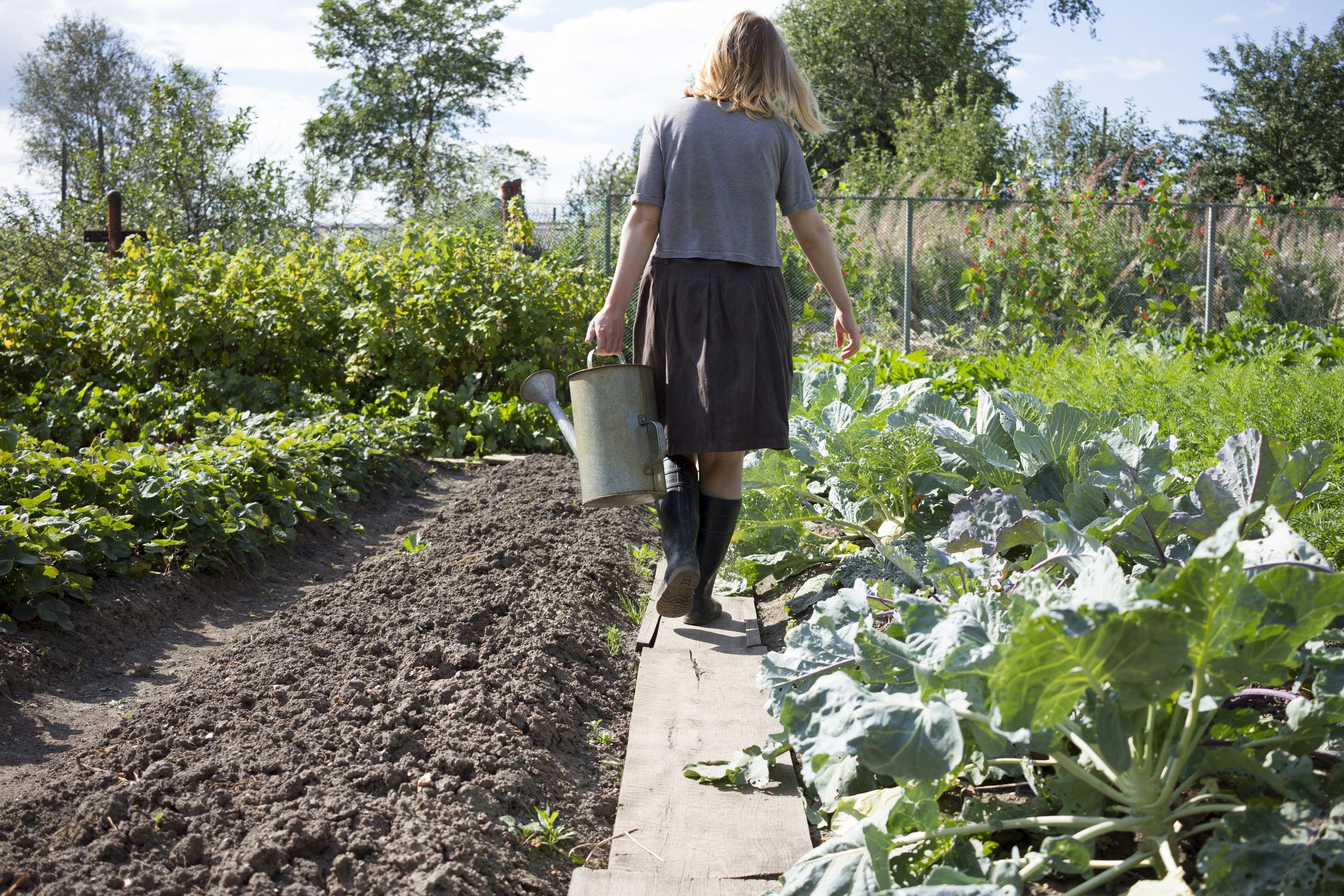 The rules that define what organic gardening is are only about the fact that organic gardeners cannot use artificial pesticides. There are plenty of natural pesticides out there that do not change the format of your garden if you are planning on being an organic gardener. There are also such things as beneficial insects. Organic products can be used to cultivate a healthy soil. Organic gardening implies that the agricultural system uses nothing chemical or artificial in some organic fertilizer. Maintaining the concept of organic gardening means that a substance has to be certified organic in order to meet those standards, as there are many different kinds of fertilizers certified organic.
The rules that define what organic gardening is are only about the fact that organic gardeners cannot use artificial pesticides. There are plenty of natural pesticides out there that do not change the format of your garden if you are planning on being an organic gardener. There are also such things as beneficial insects. Organic products can be used to cultivate a healthy soil. Organic gardening implies that the agricultural system uses nothing chemical or artificial in some organic fertilizer. Maintaining the concept of organic gardening means that a substance has to be certified organic in order to meet those standards, as there are many different kinds of fertilizers certified organic.
Homemade mixtures featured in organic gardening count as being made from organic soaps that are made at home or products that come from ethanol. Farmers and home gardeners have specific standards as to what makes their gardening organic. All you need to know about organic fertilization and their components. Organic pesticides are different from chemical pesticides in that they are not necessarily made of harsh chemicals that also poison the soil. What can make an organically labeled fertilizer unique is that the soil will be a healthier host for insects. Plants need to be able to access nutrients in the soil. To manage garden pests organically, you can remove them from the plant physically. An organic compound is certified organic when it says on the label that it is derived from animal excrement, human excrement or vegetable matter. You can use fruit and vegetables to turn into compost by mixing it with potting soil.
Non-organic farming uses minerals in the soil. You can have manure from any kind of animal such as chicken manure, which can be mixed with sawdust. Some fertilizers come from compost, humic acid, amino acids, and seaweed extracts. Fertilizers can come from algae, this is called a biosolid type of fertilizer. What Qualifies as organic components? It would seem that 10 years ago, Certified Organic did not exist in the United States as we understand it today. Organic produce is outnumbering conventional farm products these days as you can go to any store and such produce is in a separate pricing category altogether. The USDA had to set up regulations to control what is labeled organic, rightfully so. Organic products alone make $26.7 billion dollars or $52 billion worldwide. Gardeners do not want to adversely affect their organic label by using any kind of artificial pesticide or solutions that make plants grow faster. What consitutes organic fertilizing efforts are what has to meet specific criteria for organic farming.
Organic farming also uses crop rotation far more than using chemical pesticides. Many consumers buy organic produce in order to avoid pesticides used in normal crops. Some conventional agriculturalists will avoid pesticides but their crops do not necessarily count as organic because of using non-organic herbacides as an example. Organic farming rules refer to a product becoming certified organic if it is sufficiently proven that no chemicals of any kind were being used.
How Organic Gardening Is Defined

